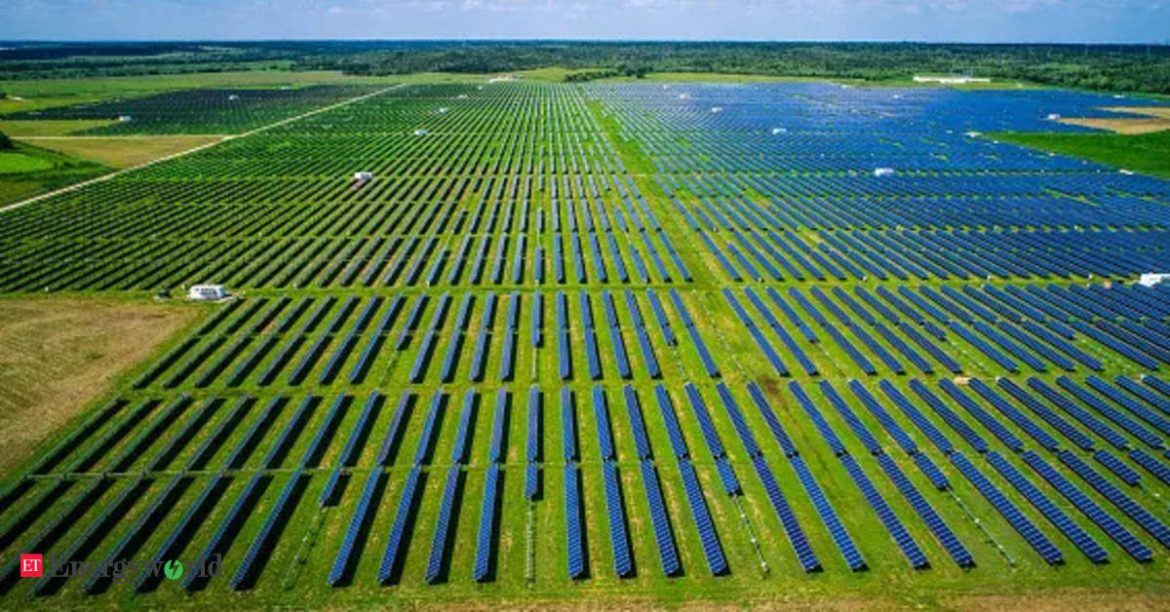The International Renewable Energy Agency (IRENA) said on Thursday that Malaysia will need to double its investments in renewable energy transition to at least $375 billion for it to achieve its ambitious goal of carbon neutrality by 2050.
Malaysia has pledged to cut its greenhouse gas emissions dramatically by 2030 and reach net-zero emissions by 2050 but IRENA director general Francesco La Camera told reporters in an interview that Malaysia’s planned energy policies could prove insufficient to meet its energy transition goals in the long run.
According to an IRENA report launched on Thursday, Malaysia’s emissions are expected to rise to 280 million tonnes of carbon dioxide per year by 2050 due to rising population and energy consumption as it currently generates a little over 1% of its electricity annually from renewable sources such as solar and biofuels, meaning fossil fuels like coal and gas contribute the lion’s share of its power output.
Read also: Saudi Arabia to establish climate change center
IRENA said Malaysia needs to increase its total investment to between $375 billion and $415 billion, from the current $159 billion, to expand renewables capacity, infrastructure and energy efficiency, including solar energy, wind, hydropower and green hydrogen technologies, and could reduce energy-related emissions by up to 60%.
That would also help Malaysia save between $9 billion and $13 billion annually in avoided cumulative energy, climate and health costs, and a phasing out of fossil fuel subsidies, IRENA said.
The investment must also come from private investments and from abroad, including multilateral financial institutions, bilateral and regional arrangements.
“There is no doubt that this cannot be done without intense collaboration,” La Camera said.
Story was adapted from Reuters.
